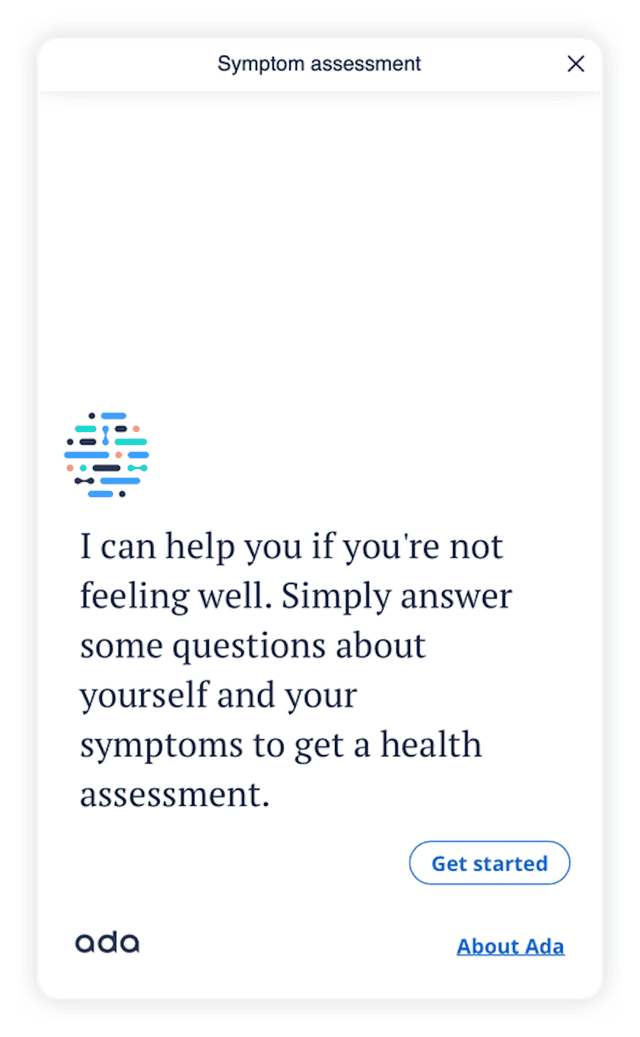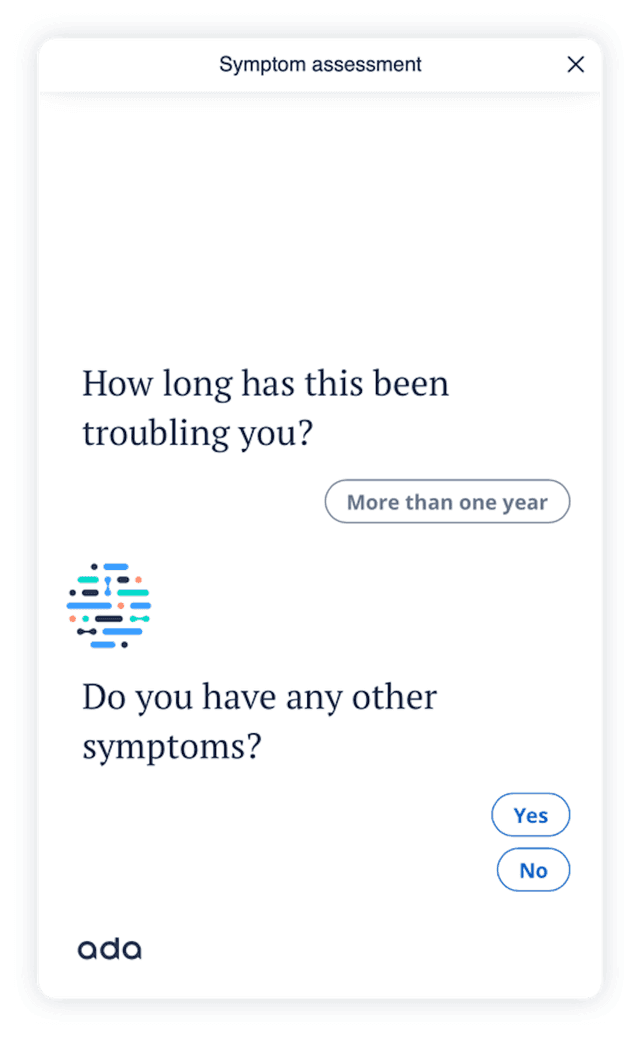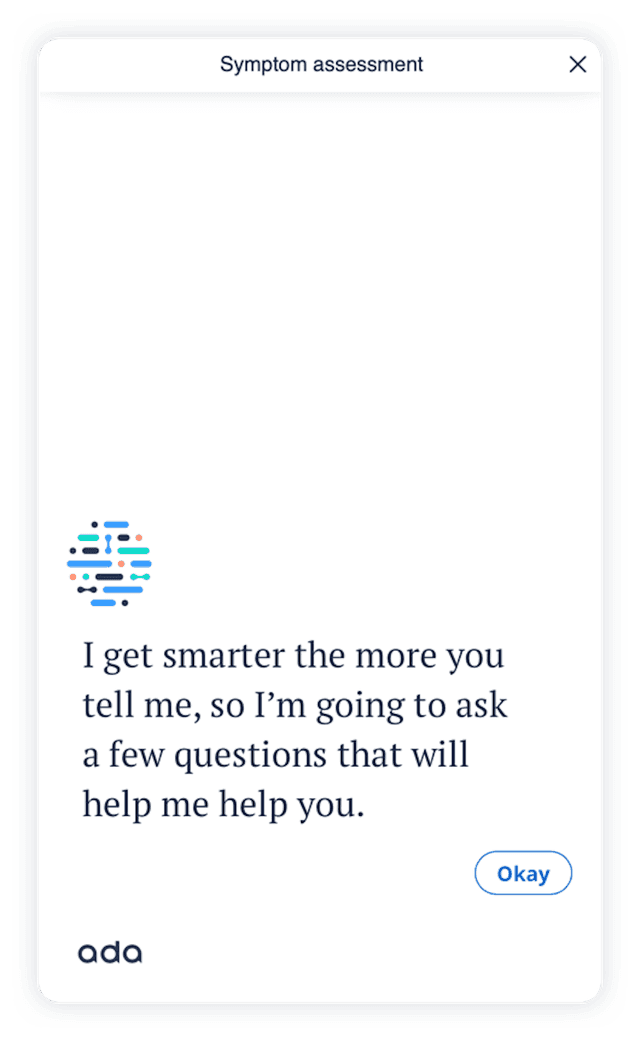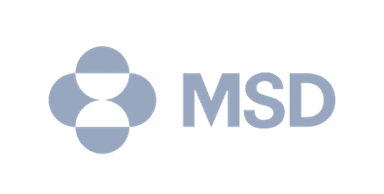Our work in rare diseases

The average person living with a rare disease endures a 5-year diagnostic odyssey. That often means unnecessary care visits, delayed treatments, and poor outcomes.
Many people living with a rare disease will never get an accurate diagnosis in their lifetime.
We’re working to shorten the time to diagnosis and improve outcomes for people living with rare diseases.
The rare disease diagnostic challenge
There are over 7,000 known rare diseases. Most have a genetic basis and many share symptoms with more common disorders. This makes it almost impossible for any human to detect all rare diseases without help.
Specialist referral is often delayed because GPs don’t suspect a rare disease. In many parts of the world, lack of access means people may never receive the rare disease diagnosis they desperately need for adequate care.

Rare but widespread: Any disease that affects fewer than 5 in 10,000 people is considered rare in Europe. But with 300 million people worldwide living with a rare disease, rare is widespread.
Helping rare starts with finding rare
At Ada, we envision a world where every person with a rare disease has timely access to the healthcare they need.
Our AI and commitment to modeling rare diseases can turn everyday devices in homes and clinics across the world into powerful tools for improving disease recognition, time to diagnosis, and access to care.
“By using AI to raise the suspicion of a rare disease early, we could speed up referral to specialist clinics for diagnosis. That could mean simplified rare disease journeys and a reduced burden on people living with a rare disease, doctors, and health systems.”
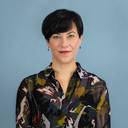
Chief Client Officer
Together, we can:
We've modeled hundreds of rare diseases, from Amyloid neuropathy to Zollinger-Ellison syndrome.
We work in rare diseases with
